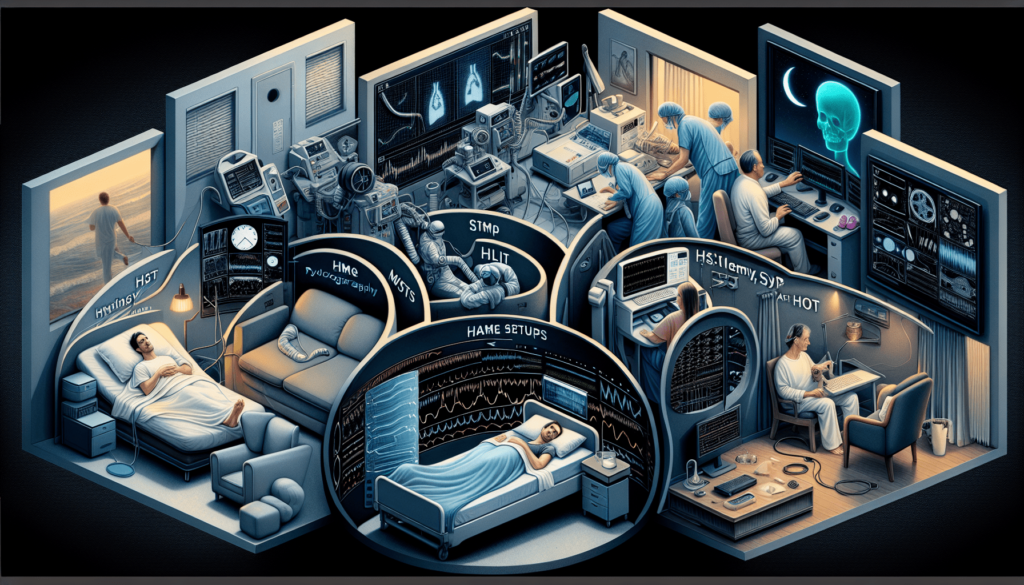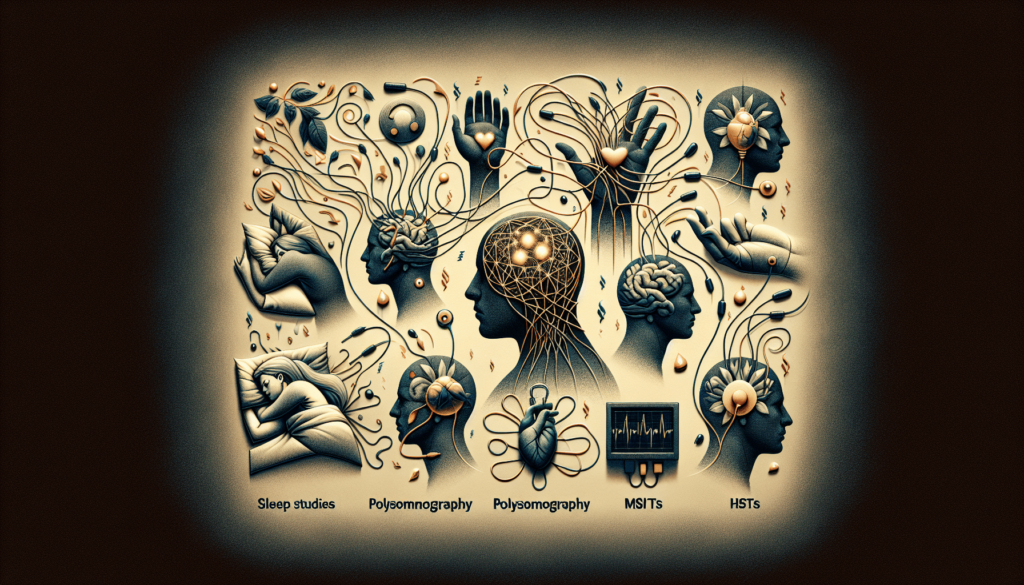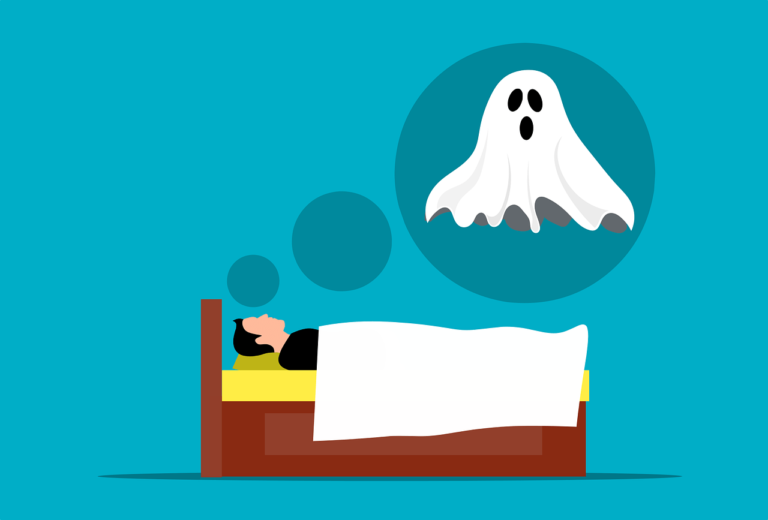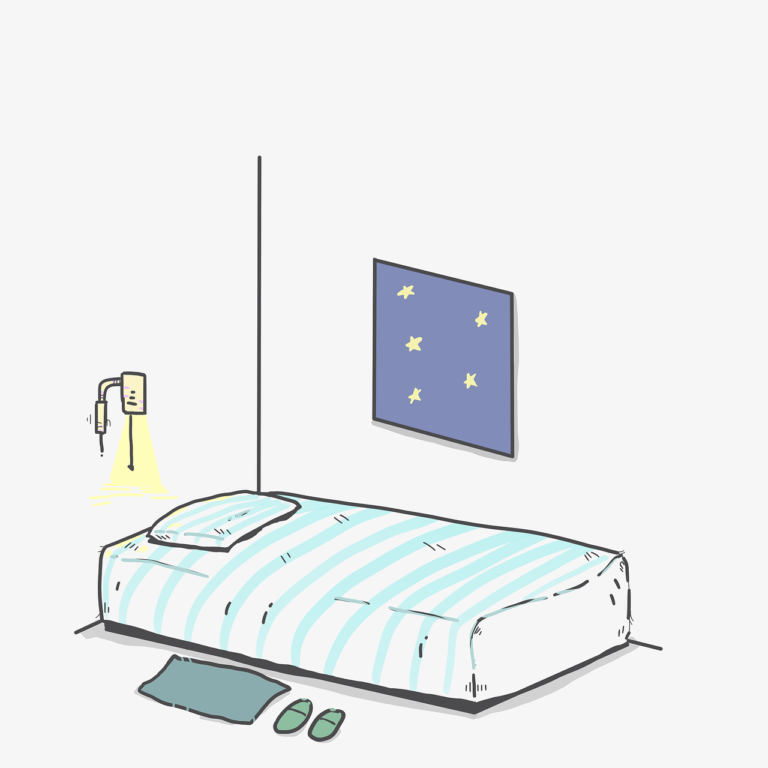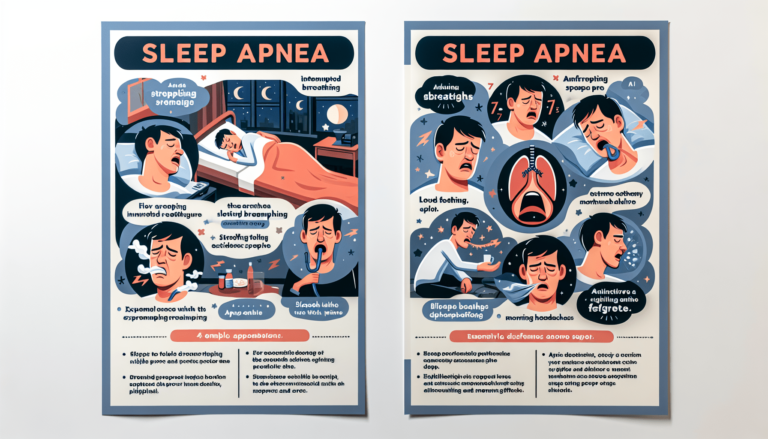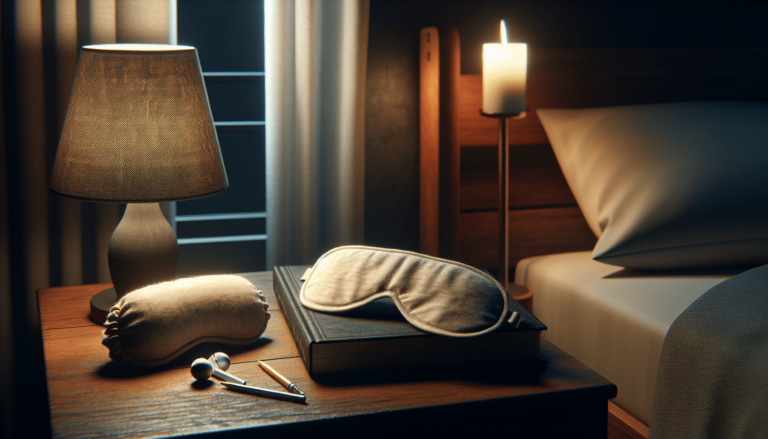Types of Sleep Studies: Simple Sleep Studies, Polysomnography, Multiple Sleep Latency Tests (MSLTs), Maintenance of Wakefulness Tests (MWTs), and Home Sleep Tests (HSTs)
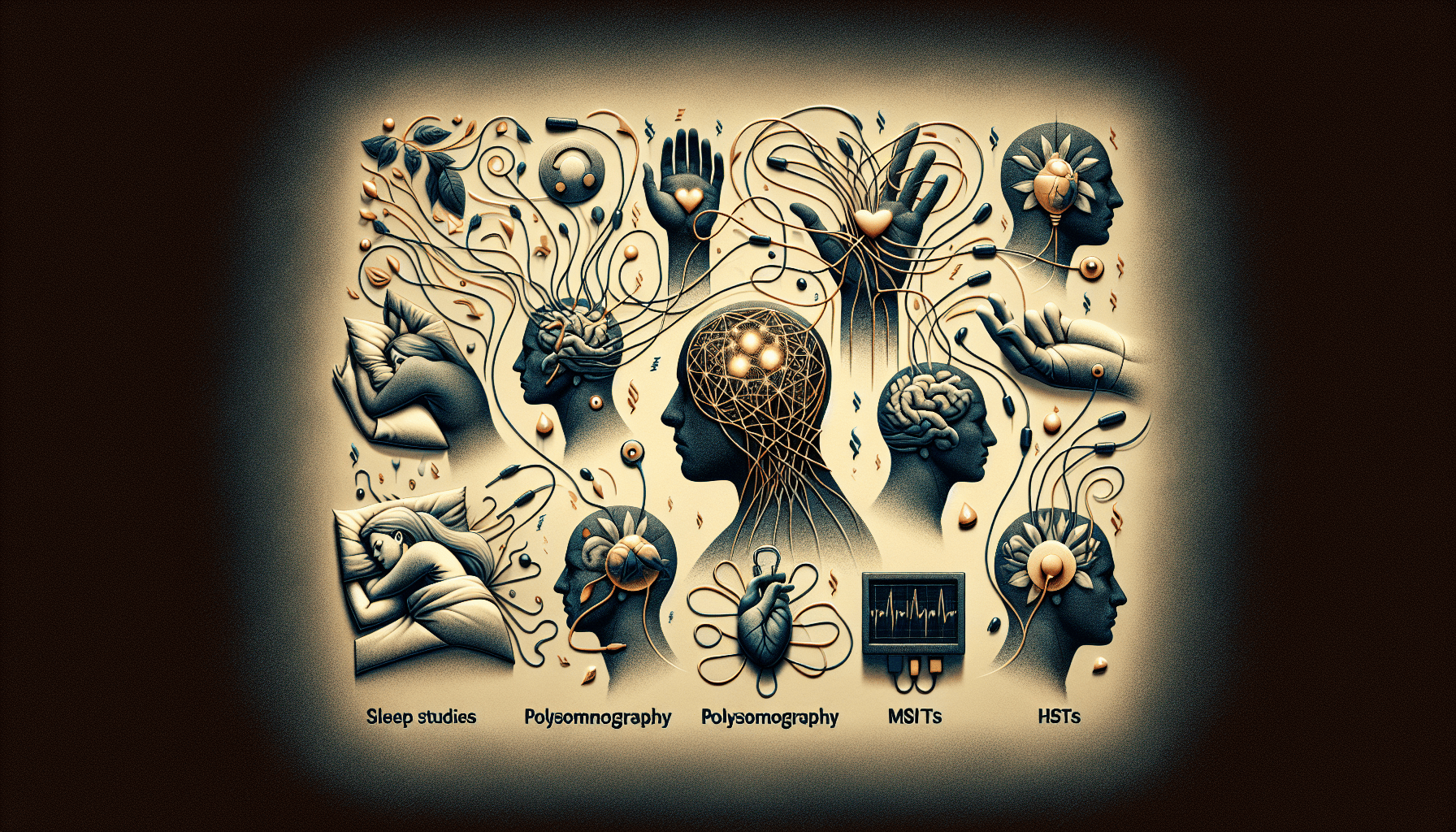
Have you ever wondered how your body behaves during sleep? Sleep studies are tests that provide valuable insights into brain activity and physiological factors related to sleep disorders and normal sleep. These studies are incredibly useful in identifying and ruling out various sleep disorders, including sleep apnea, narcolepsy, insomnia, and circadian rhythm sleep disorders. By recording the activity of the body during sleep, sleep studies help diagnose or rule out sleep-related disorders, allowing healthcare professionals such as sleep specialists, primary care physicians, neurologists, psychiatrists, and pulmonologists to provide the appropriate treatment. At Vector Sleep Diagnostic Center, a reputable sleep study clinic in New York’s 5 Boroughs, they offer a range of sleep studies to serve patients from all walks of life.
Types of Sleep Studies
When it comes to understanding sleep patterns and diagnosing sleep disorders, sleep studies play a crucial role. These tests involve monitoring and recording various aspects of the body during sleep to gain valuable insights into our nocturnal activities. There are five main types of sleep studies commonly used by sleep specialists and healthcare professionals: simple sleep studies, polysomnography, multiple sleep latency tests (MSLTs), maintenance of wakefulness tests (MWTs), and home sleep tests (HSTs).
Simple Sleep Studies
A simple sleep study, as the name suggests, involves basic monitoring of sleep patterns without comprehensive data collection. Typically, this type of sleep study is used for initial screening purposes. While it may provide some general information about your sleep, it does not delve deep into identifying specific sleep disorders or providing detailed physiological data.
Polysomnography
Polysomnography is a comprehensive sleep study that captures an extensive range of data during your sleep. This type of study involves monitoring brain activity, eye movements, muscle activity, heart rate, and breathing patterns. By analyzing this comprehensive set of data, sleep specialists can diagnose various sleep disorders, such as sleep apnea and REM sleep behavior disorder. Polysomnography provides a detailed understanding of your sleep patterns, ensuring an accurate diagnosis and an appropriate treatment plan.
Multiple Sleep Latency Tests (MSLTs)
If you struggle with excessive daytime sleepiness, your healthcare provider may recommend a multiple sleep latency test (MSLT). This test assesses how quickly you fall asleep in a quiet environment during the day, helping to diagnose conditions like narcolepsy and idiopathic hypersomnia. By monitoring your daytime sleepiness levels, the MSLT provides crucial insights into your ability to maintain wakefulness during the day, assisting in the proper diagnosis and management of sleep disorders.
Maintenance of Wakefulness Tests (MWTs)
For individuals who require vigilance and focus in their day-to-day activities, a maintenance of wakefulness test (MWT) can be highly beneficial. This test evaluates your ability to stay awake in a quiet environment and measures your resistance to sleep. MWTs are commonly used to assess excessive daytime sleepiness in professions that demand alertness, such as pilots or truck drivers. By pinpointing potential issues with wakefulness, MWTs aid in evaluating sleep-related impairments that may affect job performance and safety.
Home Sleep Tests (HSTs)
Home sleep tests (HSTs) offer a convenient alternative to traditional sleep studies conducted in clinical settings. These tests can be performed in the comfort of your own home, making them more accessible and suitable for individuals who may find the clinical environment uncomfortable or disruptive to their sleep. HSTs usually monitor breathing, oxygen levels, and heart rate during sleep. It is primarily used for diagnosing sleep apnea in individuals with a high likelihood of the disorder.
Uses of Sleep Studies
Sleep studies serve various purposes in identifying and ruling out sleep disorders, as well as providing valuable insights into brain activity and physiological factors related to sleep disorders and normal sleep. Whether you are experiencing excessive daytime sleepiness, insomnia, or suspect a sleep disorder, sleep studies can help diagnose or rule out various sleep-related disorders. These tests offer a comprehensive evaluation of your sleep patterns and provide crucial information to guide appropriate treatment plans.
Common Sleep Disorders Diagnosed
Sleep disorders can significantly impact our quality of life and overall well-being. Sleep studies play a vital role in diagnosing and managing these disorders. Some of the most common sleep disorders diagnosed through sleep studies include:
- Sleep Apnea: A disorder characterized by disruptions in breathing during sleep, leading to inadequate oxygen levels and fragmented sleep.
- Seizure Disorders: Certain types of epilepsy can manifest during sleep, and sleep studies can help identify these seizure activities.
- Movement Disorders: Disorders like restless legs syndrome and periodic limb movement disorder can disrupt sleep patterns and be diagnosed through sleep studies.
- Restless Legs Syndrome: A condition characterized by uncomfortable sensations in the legs, leading to an irresistible urge to move them, often disrupting sleep.
- Insomnia: Difficulty falling asleep, staying asleep, or experiencing non-restorative sleep can be evaluated and diagnosed through sleep studies.
- Narcolepsy: A neurological disorder involving excessive daytime sleepiness, sudden loss of muscle tone (cataplexy), and sleep paralysis.
- Circadian Rhythm Sleep Disorders: These disorders involve disruptions in the natural sleep-wake cycle and can cause difficulties in falling asleep or staying awake at desired times.
- Shift Work Sleep Disorder: A condition often affecting individuals who work non-traditional hours, leading to difficulties in maintaining a healthy sleep schedule.
Importance in Research
Sleep studies have proven to be valuable tools in empirical research within the field of sleep psychology and the study of sleep disorders. By analyzing the data collected during sleep studies, researchers can gain insights into sleep patterns, the impact of sleep disorders on physical and mental health, and the effects of various treatment interventions. This research contributes to our overall understanding of sleep and its complex relationship with various physiological and psychological factors.
Vector Sleep Diagnostic Center
Located in New York’s 5 Boroughs, the Vector Sleep Diagnostic Center is a specialized clinic that offers state-of-the-art sleep studies and diagnostic services. With a highly skilled team of sleep specialists and healthcare professionals, the center provides comprehensive evaluations and personalized treatment plans for patients from all over New York. Whether you are experiencing sleep-related issues or suspect a sleep disorder, the Vector Sleep Diagnostic Center is dedicated to helping you achieve restful and rejuvenating sleep.

